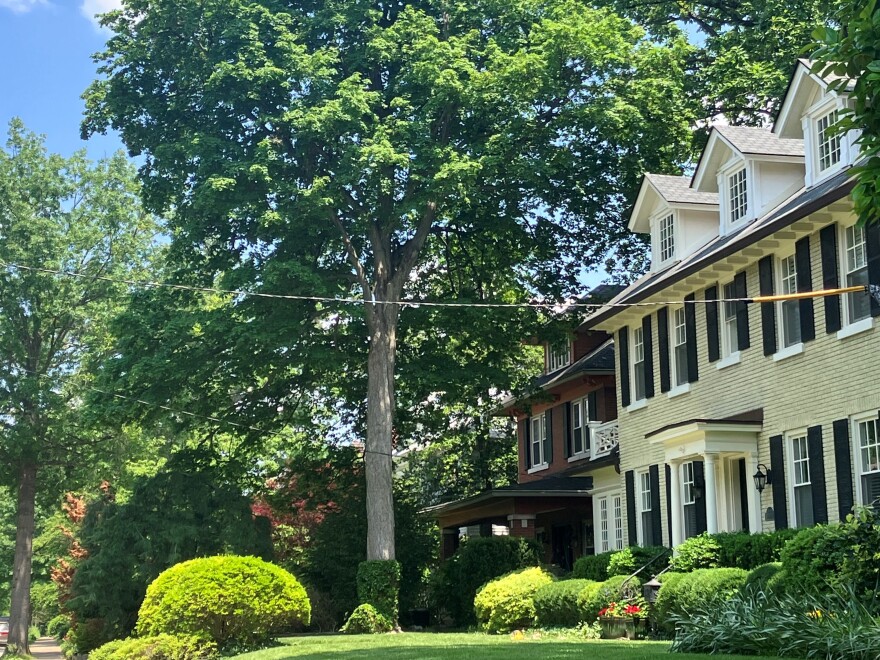Officials are restricting and rescheduling hearings for short-term rental permits, along with other requests, said Caitlin Bowling, the spokesperson for the Cabinet for Economic Development.
“The Office of Planning and Design Services is working to balance the large number of applications it is receiving, not just for short-term rentals but for rezonings, waivers, variances and more,” Bowling said in an email.
Two short-term rental requests were approved Monday at a public Board of Zoning Adjustment meeting, while four others were rescheduled to July hearings, she said.
Louisville property owners who want to operate Airbnbs, Vrbos and other short-term rentals are required to register with the city.
Properties that are neither occupied by an owner nor host, or that are in the Old Louisville or Limerick neighborhoods, need conditional use permits that require BOZA hearings. But that process could now stall for applicants as planners reconsider when cases should get hearings.
Bowling said city planners are informing zoning applicants about potential delays.
According to Louisville Metro data updated on June 15, the city had more than 300 pending short-term rental CUP applications:
Moratorium talks paused
Louisville’s delays on short-term rental approvals coincide with a potential temporary rental moratorium that Metro Council members could have voted on last week. It would affect applications regardless of if they need a permit. Due to the BOZA slowdown, they tabled the measure instead.
Council Member Ben Reno-Weber, a District 8 Democrat representing the Highlands, said he’s concerned about abuses of the existing short-term rental policies. He argued businesses are circumventing rules to operate rentals in residential neighborhoods in close proximity to each other.
“What we were seeing [were] deliberate attempts to violate our zoning rules by creating commercial applications in residential areas,” Reno-Weber said.
In November, Metro Council passed a resolution ordering city planners to review current short-term rental policies. Council members could vote the changes planners propose into law.
Planners released their initial recommendations last month, which include making it harder for property owners in residential neighborhoods to circumvent CUPs and to obtain waivers for a 600-foot separation requirement.
But Reno-Weber said the anticipated rule revisions have encouraged people to submit applications to get ahead of future rule changes, based on information presented by Planning and Design Services staff to Metro Council. The proposed moratorium was in response to this behavior, Reno-Weber said.
However, plans for voting on that ordinance are on hold as short-term rental approvals slow down because of the city planners’ backlog. Reno-Weber said Metro Council would reconsider discussing a temporary ban if city planners rule revisions don’t meet lawmakers’ expectations.
“It’s still a possibility if we don’t get the kind of [regulations] that we want. But I feel really confident that we’re going to,” he said.
Jeff O’Brien is the chief of Economic Development, which operates the Office of Planning and Design Services. He said he believes there are short-term rental applications intended to get ahead of future regulations, but that happens anytime rules are about to change.
“I think that’s a situation that we see whether we’re changing short-term rental regulations, or whether we’re changing sign regulations,” O’Brien said.
He added that he doesn’t believe Planning and Design Services has identified the overall quality of short-term rental applications as an issue since upcoming rule changes were announced.
Correction: A previous version of this story had the incorrect name for the Cabinet for Economic Development and incorrect title for Jeff O'Brien.





